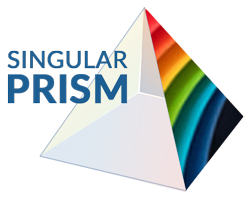GLASS RAIN—the poetry by Margaret Roxby
“THREE STRAW LADIES” was written, according to the author’s daughter, sometime late in 1960. The daughter’s recollection is that the author woke from a troubling dream which is described in the poem. Searching for meaning, the author shared the dream because her daughter had demonstrated a knack for interpreting dreams. What the daughter did not tell her mother was that from her daughter’s perspective, Margaret was having an identity crises brought on by the ravages of menopause.
REFRACTIONS –a poem by Robert Roxby
“A DAY TO BE TRUANT” first appeared in the 2000 author’s poetry anthology, Reflections of a Lifetime. This is not the only poem the author wrote about being truant. After reading them, his daughter wondered just how many days of school he did attend and , given his penchant for being truant, how he managed to qualify for two scholarships (mathematics and chemistry) by the time he graduated high school. On this particular day in 1922, he was living in Harmarville, Pennsylvania.
THROUGH THE LOOKING GLASS—the poetry of Kathleen Roxby
“ALFALFA” appears this week to accompany “Three Straw Ladies.” though the poems have little in common but the product of nature they speak about. This poem was actually written in response to a writing prompt at a writer’s conference.

